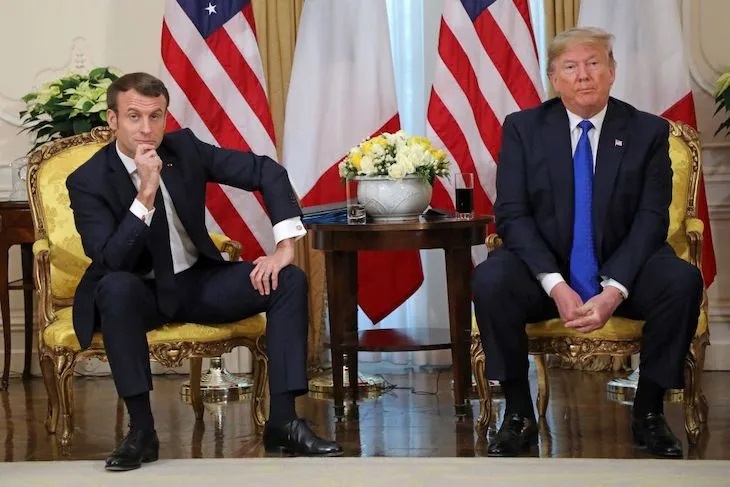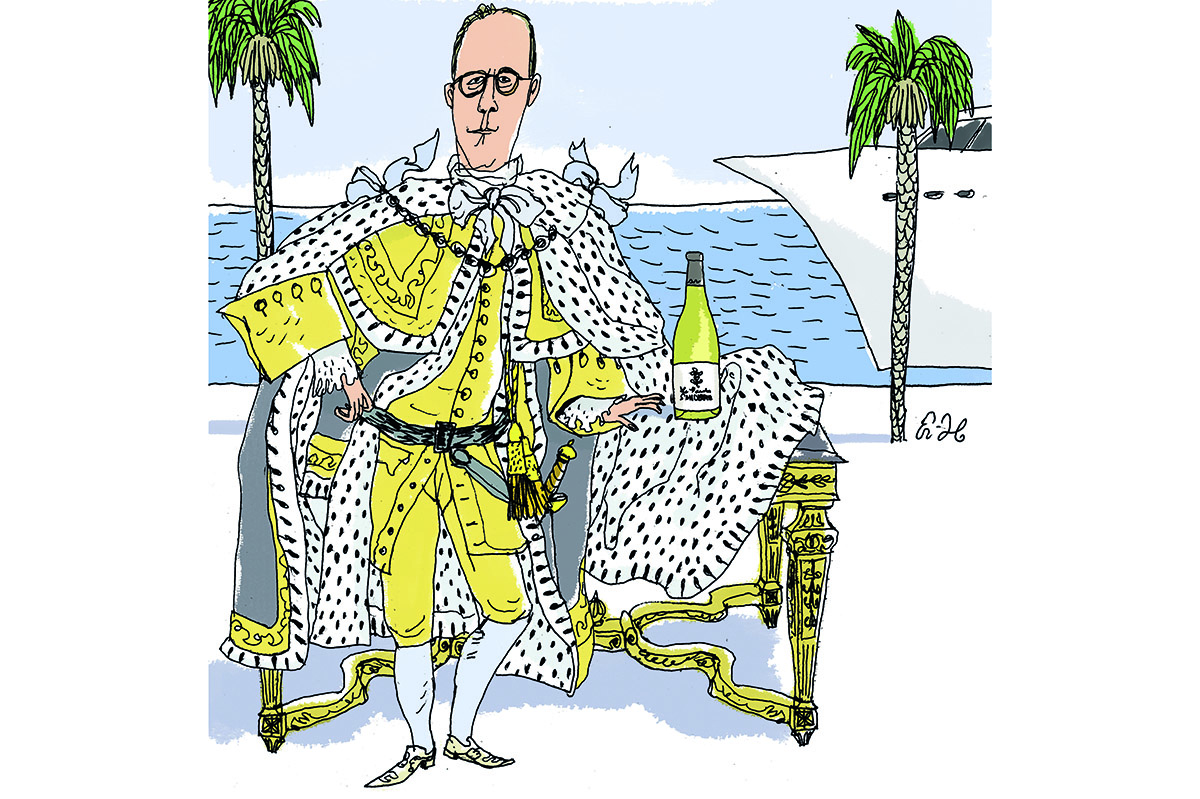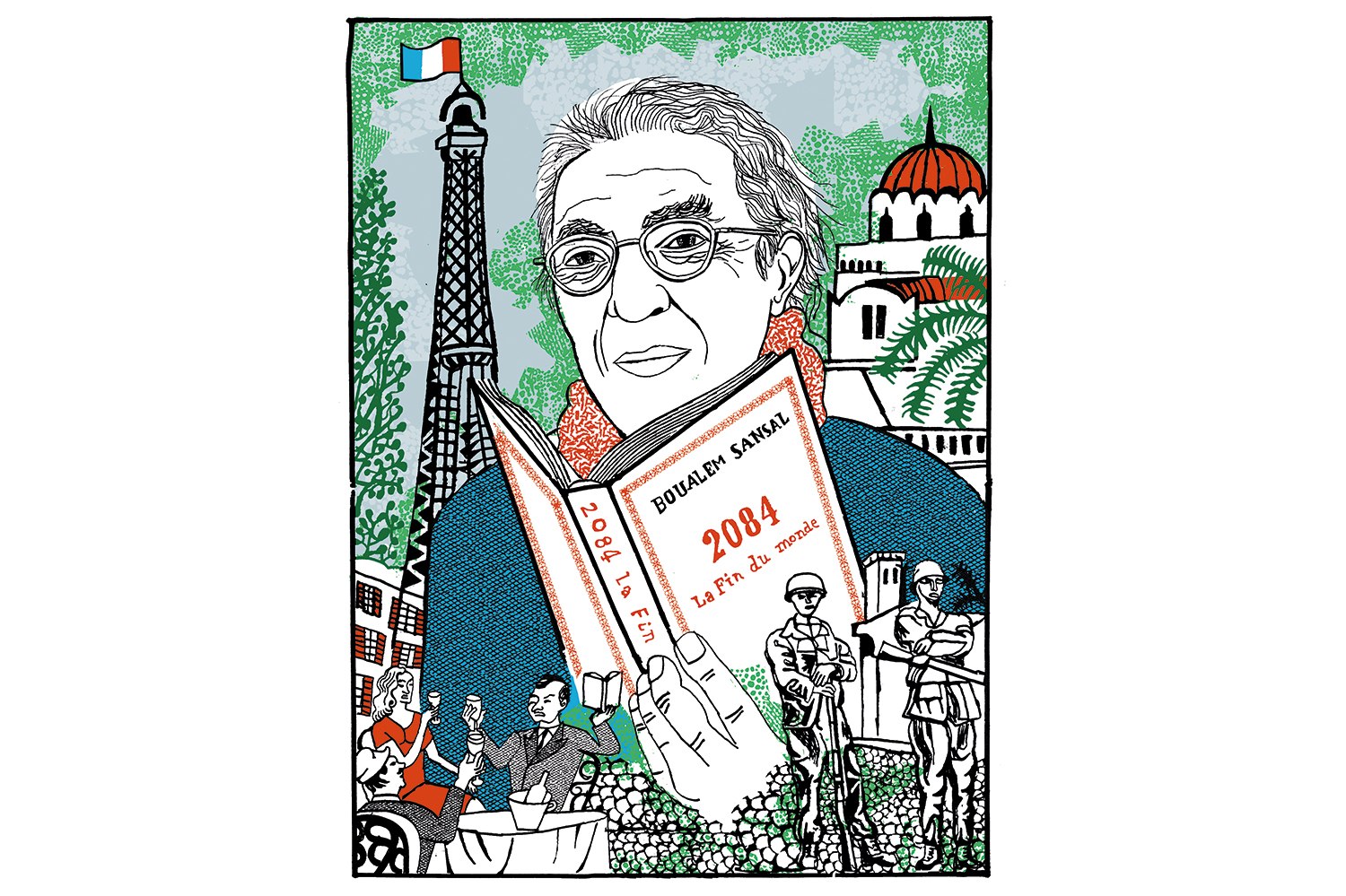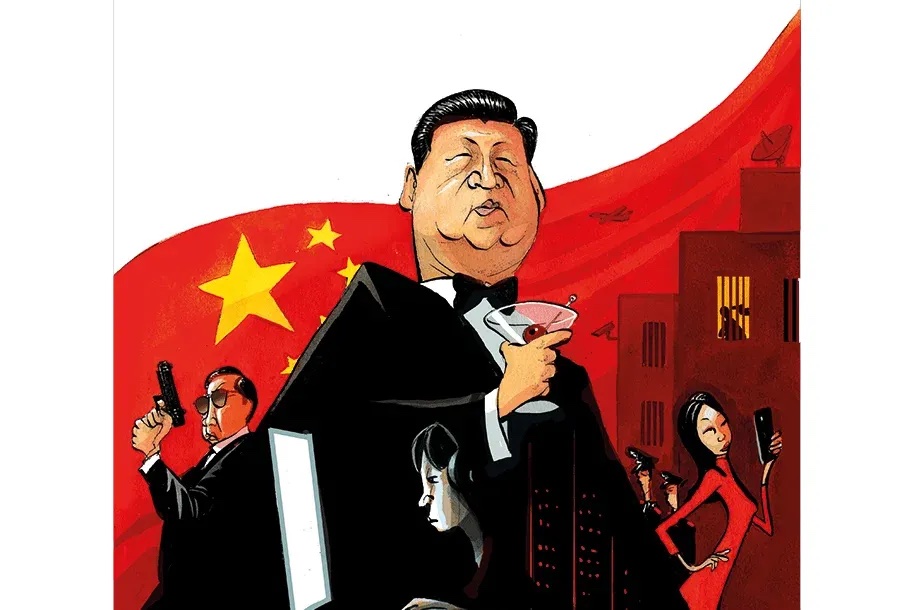One of the many things I love about the horribly addictive French spy series The Bureau is that it never attempts to improve you with pious little homilies about how foreigners are just the same as us, with values just as worthy as our own, so they should be treated with the same amount of respect, for are we not all children of God?
If The Bureau — about the DGSE, France’s equivalent of the CIA — had been made in the US, there would be a specially created nice, upstanding, Americanized Muslim character like the agent in The Looming Tower or the implausible black Muslim character in Jack Ryan. They exist to show the benighted viewer that just because these series are set in hellholes where diarrhea is a way of life and black-clad death cultists would saw your head off as soon as look at you, this should in no way be interpreted as casting aspersions on the benign, gentle and loving adherents of the Religion of Peace. It’s one of the reasons I find US- and UK-made dramas so hard to stomach. I don’t want moral guidance from my television thrillers. I want ugly, grubby, cynical realism, no matter how unflattering it may be.
The Arabs in The Bureau are devious, untrustworthy and sadistic; the Iranians either outrageously louche or brutal, crazy mullahs; the Russkies stolid, humorless and thuggish operatives or super-sophisticatedly evil, paranoid and ingenious at the top. The British — remember, this is a French series — are so utterly unimportant and pointless that they don’t even get a mention. But worst of all are the Americans. They think they’re so clever and powerful with that spectacular array of weaponry, manpower and resources, but not one of them is worth the fingernail trimmings of a true-born Frenchman.
Don’t let any of this put you off. Another joy of watching The Bureau, especially binge-watching it as I did, is that you become French for the duration. You become fluent in the slang; you suddenly realize it’s important to make love to attractive members of the opposite sex at every opportunity. You are guided by romantic passion and a sense that France is the greatest civilization in the history of the world. You want to smoke, eat out, acquire a mistress or a lover. You also get a very thorough grounding in what it is like to be a spy.
The impression given is that it’s the most interesting job you could have, but simultaneously the worst. Interesting because you’re on your mettle day and night, observing and analyzing, alert for the tiniest details and behavioral nuances. The worst because you have no life outside your work and the penalties for even one tiny slip range from amputation to incarceration, torture, rape, beheading and (if your captors are not Isis, but Russian) a bullet in the head.
When real members of the DGSE saw the first season, they gave it a standing ovation. It feels very authentic in its portrayal of everything from tradecraft (how to communicate secretly, how to avoid being followed) to the challenges of operating undercover. The show’s full name is Le Bureau des Légendes. This refers to the jaw-droppingly heroic missions the agents undertake in perilous zones like Damascus, Moscow, Tehran or Raqqa, but also to their ‘legends’, the fake backstories undercover agents must memorize and inhabit as a reality.
Master of this art is our handsome hero Guillaume Debailly (Mathieu Kassovitz), so slippery and unknowable you’re never quite sure how much you like him. But you never stop rooting for him because his enemies are so unpleasant and because he has an extraordinary knack of wriggling out of precarious situations. Season One is a bit slow, presumably because, being French, it wants to be moody and cerebral rather than vulgar like American shows. By Season Two, though, there are bigger budgets, exotic locations and much more exciting plotlines.
From stupidity or squeamishness or political correctness, disappointingly few English-speaking dramas have used the Isis caliphate as a dramatic setting or a plot engine. The Bureau plunges right in there and seems to get it just right. A scene where a DGSE operative advances with a YPJ Kurd unit on one of the final Isis strongholds is so well done: everything from the backstories of the Yazidi girl soldiers to their jury-rigged armored vehicle.
Besides action, labyrinthine plots and great locations, The Bureau has the characters: heady, lightly tormented station boss Henri with his garish ties; gamine, cunning Marina with the maddening, affected girlie voice that deludes her enemies into thinking she’s an innocent abroad; Guillaume’s adorably bolshie daughter Prune; and Sisteron, who can’t resist trying it on with every girl he meets. You get to know them like they’re your colleagues and your job is in French intelligence. This is widely held to be the best French series ever made. I’d say it’s an addiction well worth acquiring.
The Bureau can be watched on Sundance TV. This article is in The Spectator’s September 2020 US edition.

























